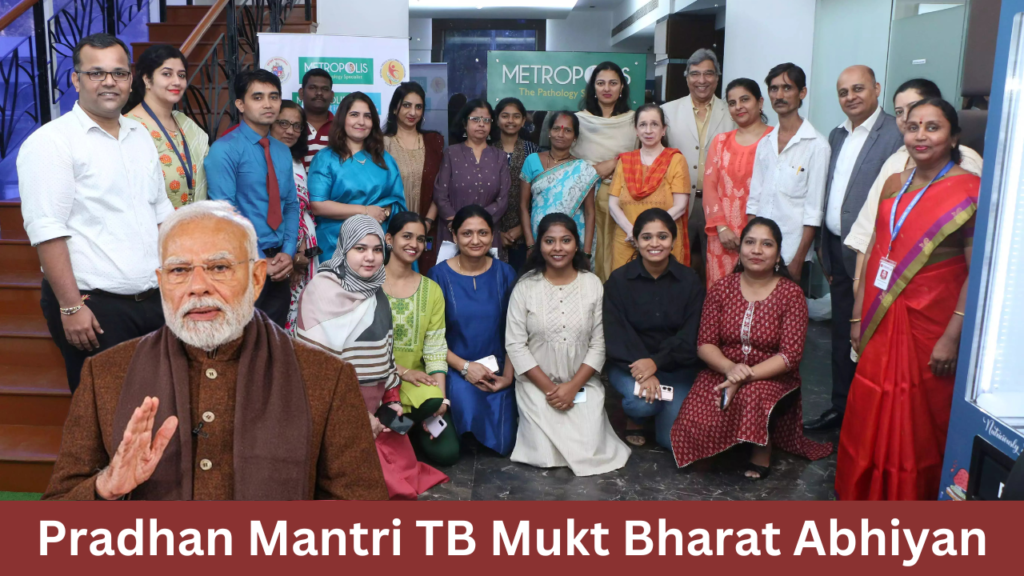Pradhan Mantri TB Mukt Bharat Abhiyan:- The government keeps on launching many schemes for the benefit of the people. Soon, one more scheme will be started with the aim of fulfilling the nutritional needs of patients who are suffering from the fatal disease. The Pradhan Mantri TB Mukt Bharat Abhiyan (PMTBMB) is an initiative that will help and support TB patients. Non-governmental organisations (NGOs), private sector corporations, individuals can also provide monetary support to this program. This help from different organizations will fulfil the dietary needs of TB patients. According to the report published in March, an 19% increase in TB cases have been witnessed in 2021 compared to the last year.

Pradhan Mantri TB Mukt Bharat Abhiyan
According to PMTBMB programme, any one such as a corporate entity, NGOs, elected officials, political parties, institutions can put efforts to adopt a TB patient. After adopting, the concerned individuals will be responsible to give these TB patients nutritional support.As per the World Health Organization’s (WHO) global lists of nations, India has high rates of tuberculosis (TB).
Pradhan Mantri TB Mukt Bharat Abhiyan Objective
The aim of starting PMTBMB programme is to provide nutritional support to the patients. It is possible that if the patients will not get a nutritional diet, then it will be very difficult to get recovered. This plan is one of the steps to remove TB from the country.
How will PMTBMB Operate?
Under the Pradhan Mantri TB Mukt Bharat Abhiyan, the donors will be given items to be distribute to TB patients. The monthly aids are 3.5 kg of cereals, 1 litre of cooking oil, 1.5 kg of pulses, milk powder, eggs, fruits, and vegetables.
Ninelakhs Ready to get Support
Individuals have already started work on the programme. In India, there are about 13.5 lakh TB patients and out of which more than nine lakhs will be getting 13.5 lakh TB patients. As per data, many individuals have agreed to adopt patients for a year. The ones who are ready to adopt are 447 people, 122 non-profit organisations, 29 corporations, 19 institutions, 18 elected officials, 10 political parties, and 4 cooperatives.